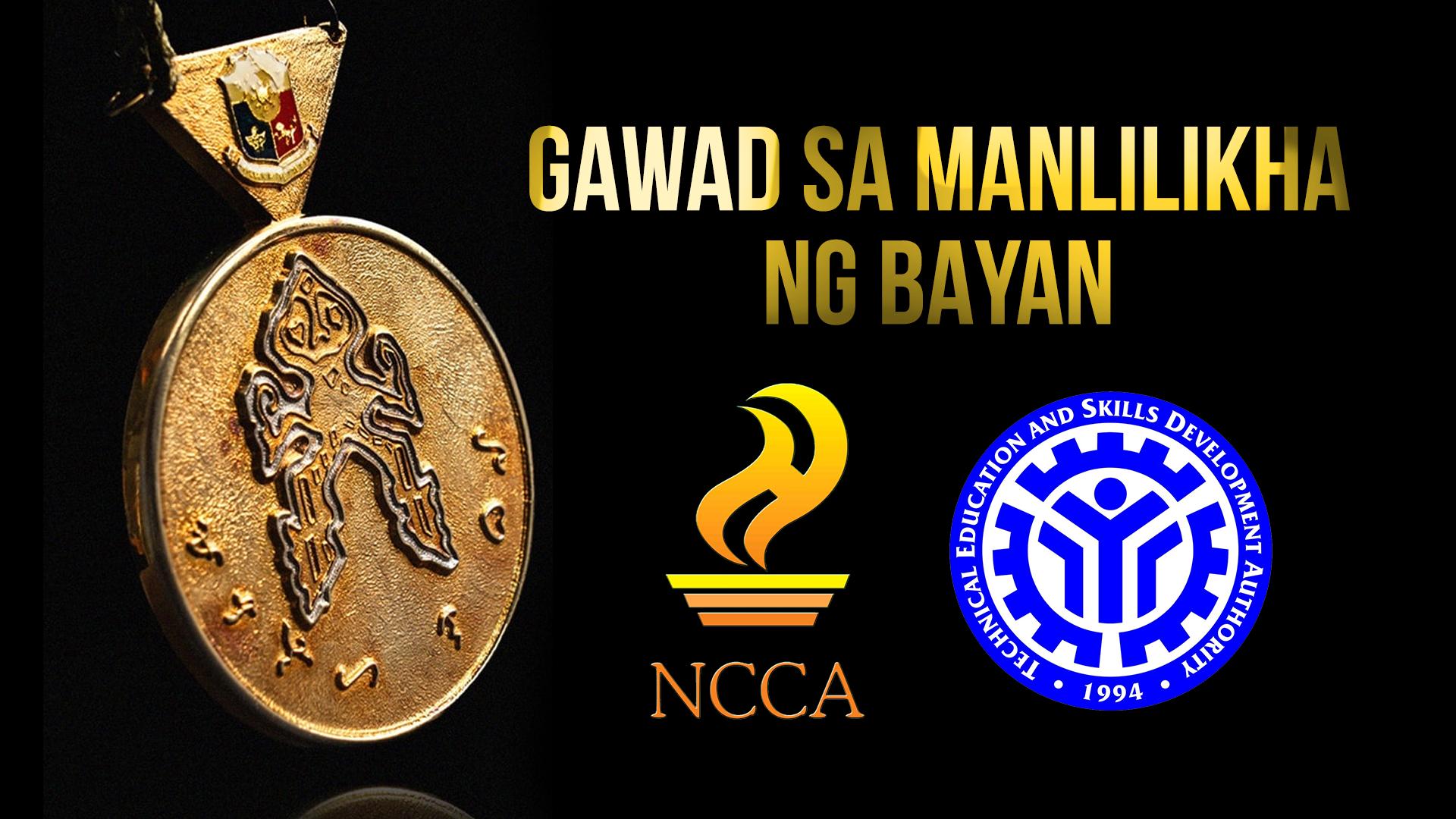
By Dean Aubrey Caratiquet
Cognizant of the nation’s rich cultural heritage, the Philippine government recognizes traditional and folk artists whose legacies continue to preserve Filipino artistry and propagate such practices, keeping these relevant for future generations to appreciate and be truly proud of.
Anchored in the country’s artistic backdrop, the Gawad sa Manlilikha ng Bayan (GAMABA) Award recognizes the talent of individuals or groups of traditional and folk artists whose knowledge and abilities continue to thrive in their communities across generations, thus preserving the spirit of ethnic creativity and maintaining the same high standards of technical and artistic proficiency.
The National Center for Culture and the Arts (NCCA) and Technical Education and Skills Development Authority (TESDA) will be holding this year’s award ceremony at the National Training Center for Women on Thursday, October 23, 2025.
With the theme “Living Treasure, Lasting Legacy: Recognition of GAMABA Artists as Cultural Masters,” the GAMABA Awards 2025 continues to shine a spotlight on Filipino craftsmanship worthy of recognition on domestic and international shores.
These masters—custodians of traditional skills such as weaving, metalcraft, pottery, embroidery, and wood carving—play a vital role in ensuring the intergenerational transmission of cultural heritage and sustaining local innovation rooted in tradition.
In support of this national mandate, TESDA has partnered with the NCCA to establish the formal process for awarding the Certificate of Recognition for Cultural Masters by virtue of TESDA Circular No. 093-2019, thereby ensuring that GAMABA awardees are formally recognized not only symbolically but also within TESDA’s skills certification and Recognition of Prior Learning (RPL) framework.
Created by virtue of Republic Act No. 7355 (Manlilikha ng Bayan Act) inked in 1992, the annual ceremony formally recognizes GAMABA awardees as forebears of traditional arts, serving as a platform for the preservation of intangible cultural heritage through skills transmission, documentation, and education.
av
